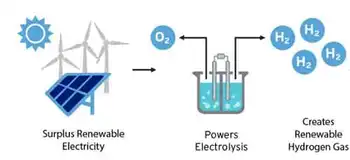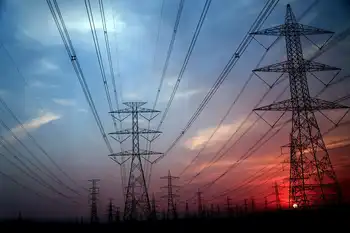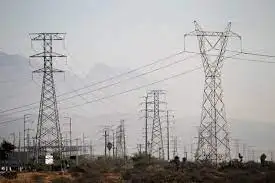San Diego Utility Deregulation Causes Increased Bills, Ratepayer Revolt
California Senate President Pro Tem John Burton immediately agreed to hold hearings on repealing the legislation, with the surprising support of State Sen. Steve Peace, the architect of the deregulation plan once called a "model" for the nation.
Rosenfield said, "Deregulation of utilities was the most monumental mistake ever committed by public officials. We were promised deregulation would offer lower prices. Instead, we got the worst of all worlds: an unregulated monopoly. We're all going to pay for the greed of this industry unless we go back to public control over our utility system."
Ratepayers of San Diego Gas & Electric have witnessed their bills double from roughly $40 per month in May to over $100 per month in June, the first month of deregulation. The price of electricity went up 240 percent in that period. Meanwhile, the profits of utility and energy companies rose 200 percent in the second quarter.
1996 Legislation Led to $50 Million Ballot Battle Deregulation was supposed to offer competition and lower prices. But there has been no competition for residential and small business ratepayers.
The 1996 deregulation legislation was approved by California legislators with little understanding of its complex provisions. Under the plan, ratepayers were forced to pay higher rates for four years (1998-2002) in order to pay off $28 billion in bad debts of the state's three utilities -- San Diego Gas & Electric, Pacific Gas & Electric and Southern California Edison -- before the free market would kick in. To disguise the bailout, legislators then imposed a 10 percent rate "reduction" for four years, financed by bonds ratepayers would have to repay for ten years. This plan was hailed by the utility industry as a model for the nation, and, indeed, more than twenty states have followed California. However, competition for residential and small business customers never materialized.
In 1998, three citizen groups joined FTCR to challenge the portion of the deregulation plan that required ratepayers to pay of $28 billion in bad debts. The ballot measure, Prop. 9, would have forced the utility companies to pay their own debts and end the financing of the phony rate reduction.
Utility companies spent $50 million against the measure, relying largely on TV commercials featuring former consumer reporter David Horowitz, who was paid over $100,000 by the utility companies. Meanwhile, because ratepayers paid off SDG&E's debts early, they became the first to experience the full impact of deregulation -- massive increases in their utility bills.
For more information on the San Diego energy crisis, electric deregulation and the battle against it, contact Harvey Rosenfield at 310-392-0522 ext. 303, or visit www.consumerwatchdog.org/utilities.
Related News

Updated Germany hydrogen strategy sees heavy reliance on imported fuel
BERLIN - Germany will have to import up to 70% of its hydrogen demand in the future as Europe's largest economy aims to become climate-neutral by 2045, an updated government strategy published on Wednesday showed.
The German cabinet approved a new hydrogen strategy, setting guidelines for hydrogen production, transport infrastructure and market plans.
Germany is seeking to expand reliance on hydrogen as a future energy source to cut greenhouse emissions for highly polluting industrial sectors that cannot be electrified such as steel and chemicals and cut dependency on imported fossil fuel.
Produced using solar and wind power, green hydrogen is a pillar of…




